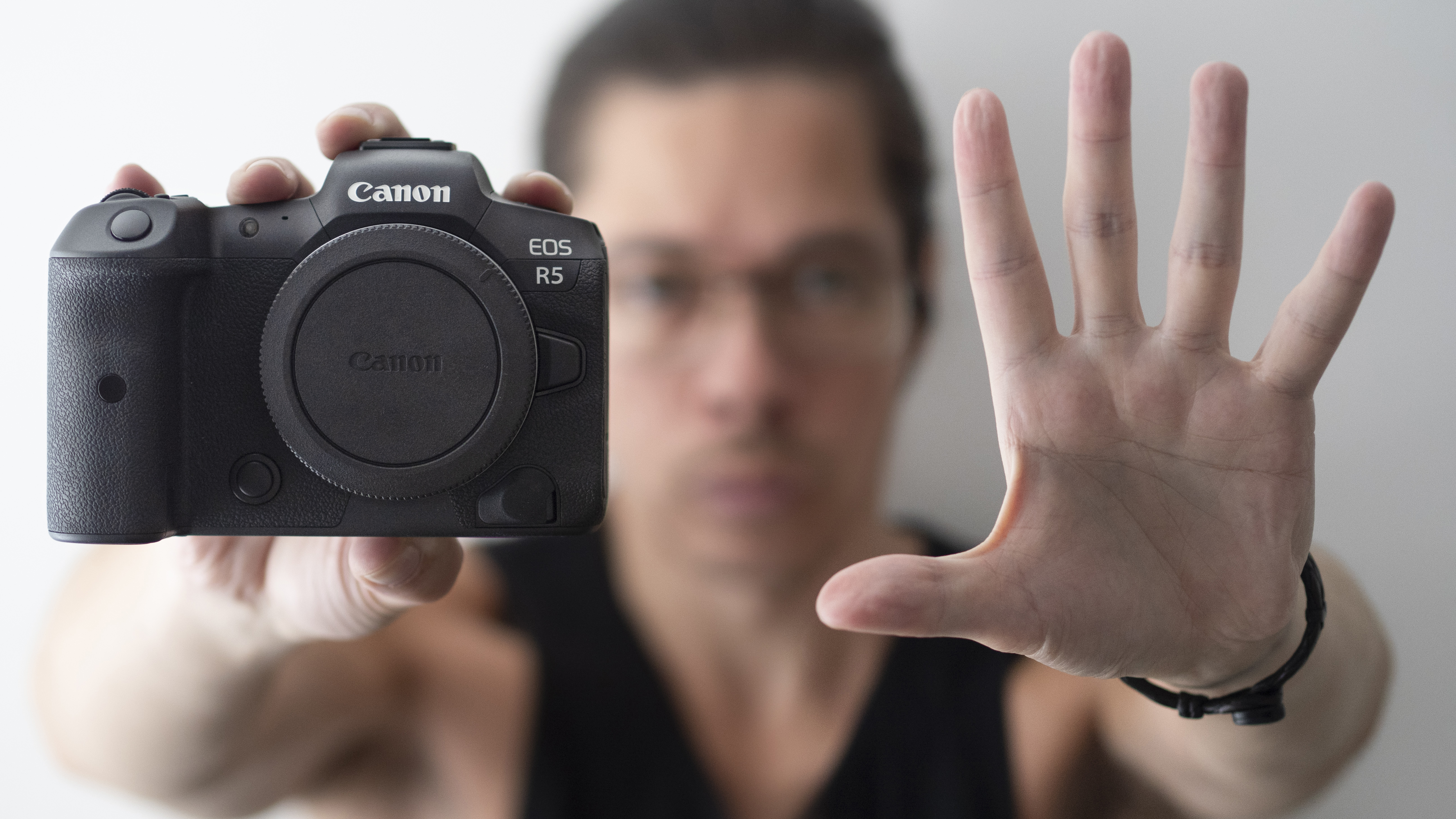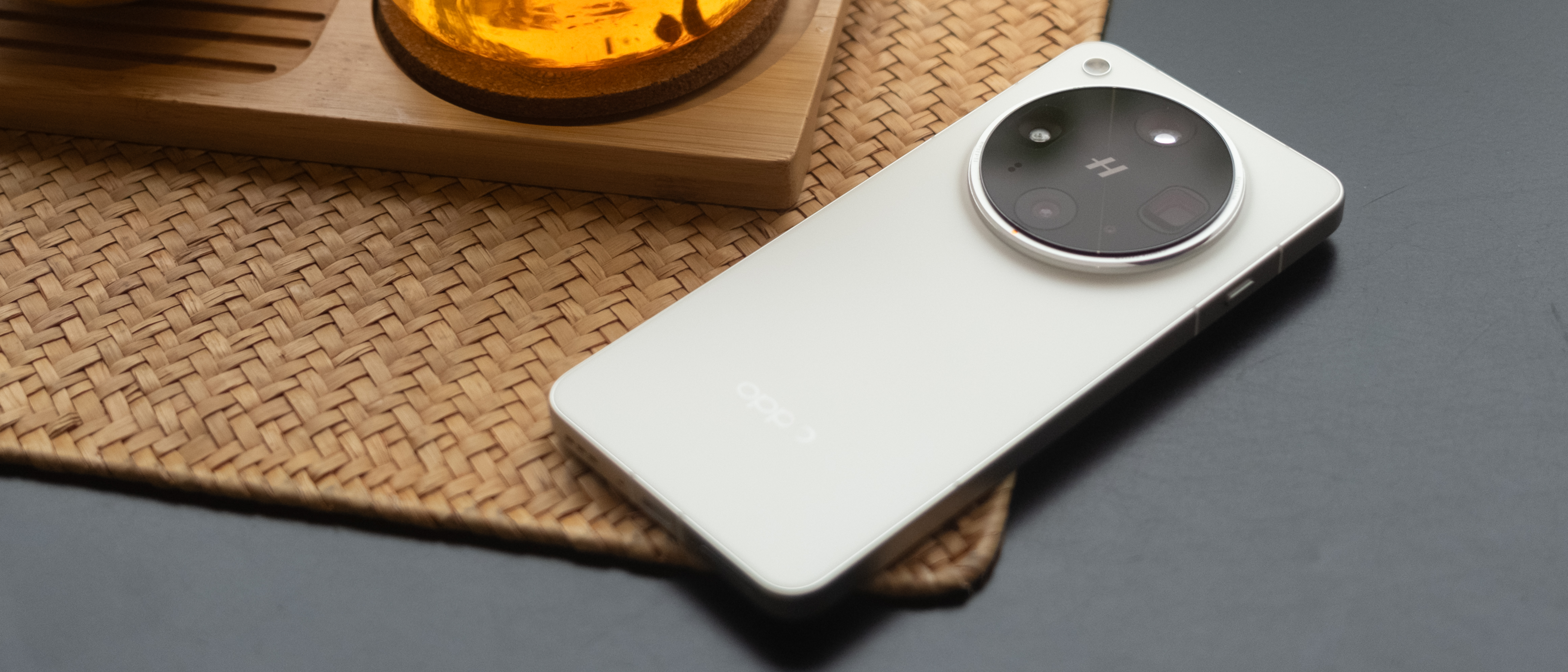Canon's first AI-powered camera? The R5 Mark II just got MORE exciting
Will the R5 Mark II be Canon's first AI-powered camera? New reports suggest it's going to pack "first ever AI features"

The Canon EOS R5 Mark II could be the manufacturer's first AI-powered camera, with claims that it "will sport first ever AI features."
Expectations are certainly high for the successor to the Canon EOS R5, which was one of the company's most successful products ever (and, in my opinion, the best Canon camera ever made).
In the four years since the original camera was launched, there have been an endless amount of rumors about its replacement. Previously these have taken the usual form – such as more megapixels, with a recent report being that the Canon EOS R5 Mark II will have a 60MP sensor with multiple resolutions (much like the Leica Q3).
The latest chatter is that the Mark II will keep the same 45MP resolution, with my personal belief being that it will feature a brand new stacked sensor – possibly Canon's intriguing triple-layer design – to facilitate even faster readout speed.
What will truly set it apart, however, is the addition of AI features – specifically relating to autofocus. "There will also be new 'AI' autofocus features appearing in the EOS R5 Mark II for the first time," reports Canon Rumors, though it wasn't able to provide further details.
Obviously AI is the current buzzword, so everything has AI something or other these days. And the current EOS R5 already has a form of AI, thanks to its Deep Learning AF autofocus – an algorithmic system trained on data sets to recognize specific subject types.
So what form could this new technology take? Well, we've already seen Sony introduce predictive AI in the Sony A9 III – and I think this is a likely candidate.
Get the Digital Camera World Newsletter
The best camera deals, reviews, product advice, and unmissable photography news, direct to your inbox!
Powered by a dedicated AI processor, Real-time Recognition AF uses "human pose estimation technology" that "recognizes not just eyes but also body and head position with high precision. This makes it possible to lock onto and track a subject facing away from the camera or whose face is covered."
The thing is, as noted in my A9 III review, I didn't find the technology all that effective. Could Canon do it better? Possibly – though it's possible that it's thinking about something altogether different.
Either way, the idea of an already amazing camera getting some assistive AI functionality is very exciting indeed. If it works, of course.
Take a look at the best Canon RF lenses, including the best lenses for the Canon EOS R5 in particular.

James has 22 years experience as a journalist, serving as editor of Digital Camera World for 6 of them. He started working in the photography industry in 2014, product testing and shooting ad campaigns for Olympus, as well as clients like Aston Martin Racing, Elinchrom and L'Oréal. An Olympus / OM System, Canon and Hasselblad shooter, he has a wealth of knowledge on cameras of all makes – and he loves instant cameras, too.
